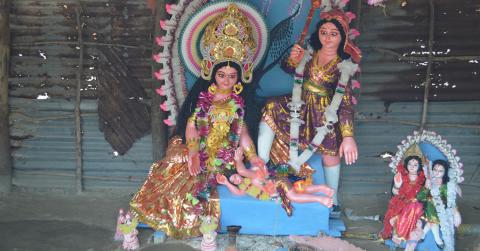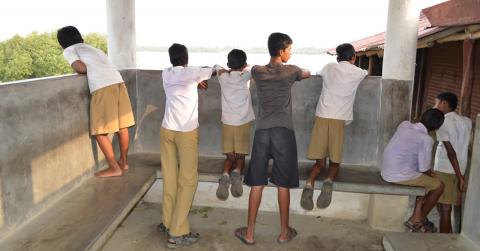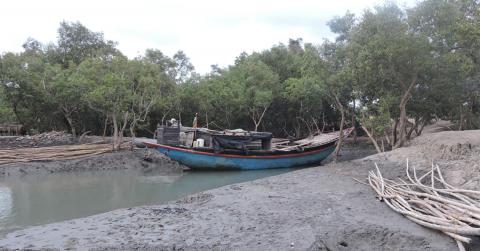The project aims to study cyclone and flood in the Bay of Bengal - Indian Ocean littoral region through investigation of community memory, oral history and literature produced by communities of Dalit East Bengal partition refugee (Bengali fisherman and seafarers settled in the Sundarban delta of South 24 Parganas, India), the Rakhaing community of Burmese dissent living in Chittagong, Bangladesh , and the Rohingyas, - Bengali Muslims settled in Myanmar’s Arakan region (Moshe 2002). It will provide an evidence-base for the culturally specific dimensions of disaster preparedness and community resilience.
The project will combine environmental anthropology with the memory study and history of transnational flows, bridging insights from the humanities, community museums, oral history and subaltern artwork of marginal communities occupying the coastal and regional frontier in the northern Bay of Bengal littoral region.
This research can be of significant value to policy-makers and experts who currently overly rely on scientific knowledge and data-gathering practice based on meteorological forecasting to understand changing climate which as Mike Hulme (2009, 2011) has argued compellingly has had little effect on people’s behaviour. It will simultaneously contribute to the emergent scholarship on climate change and natural disaster mitigation aligns with the ‘grand challenges’ that Asia face with global climate change.


